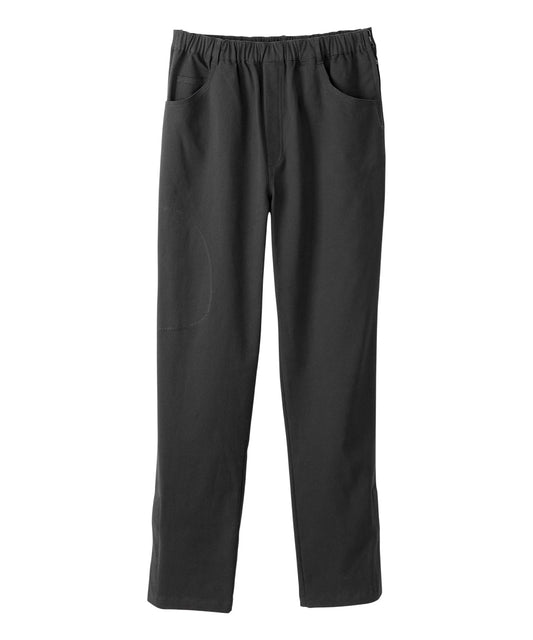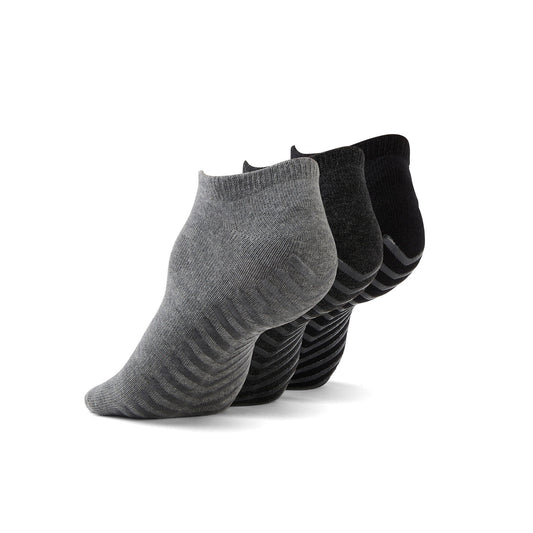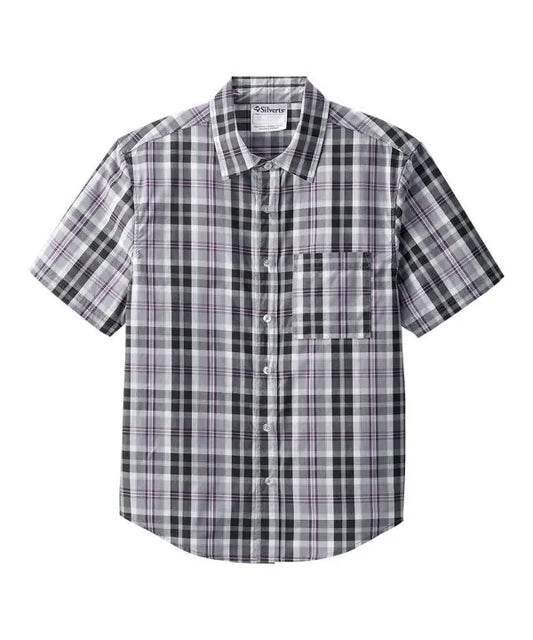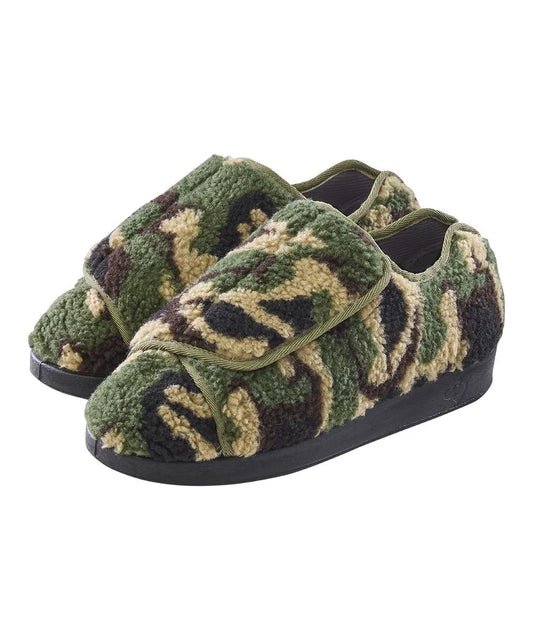Written by Gurkirat Singh & Reviewed by Alisa Matsushita-Bomba
We are what we wear!
Clothing should be adaptive and easy to wear. June Adaptive does not only provide a wide variety of elderly clothing but also acknowledges the responsibility to create awareness regarding methods to take proper care of that clothing.
Everyone likes cleanliness. It might be your surroundings, body, and even clothes. No one would like to be in the company of an individual whose clothes are smelling like a rotten egg. In fact, even if there is no presence of foul odour around an individual, the stain on the shirt speaks a lot about their personality. Today, I am going to share some amazing tips for cleaning elderly clothes.
How to get rid of odour:
Tip: Sort the clothes according to their fabric. It can be done in three types - Cotton, Synthetic, and delicate material such as wool!
Oh, wait! Did you know that all the JuneAdaptive clothing is easy to wear and machine washable? You can check them out here:



Alright, good job on eliminating foul odour from your beloved clothes but what about the gross stains that are hindering you from wearing your clothing in public?
Here is the list of possible solutions you can implement to get a brand new version of your clothing which has been covered by stains all around:
How to get rid of stains:
Alright, good job on eliminating foul odour from your beloved clothes but what about the gross stains that are hindering you from wearing your clothing in public?
Here is the list of possible solutions you can implement to get a brand new version of your clothing which has been covered by stains all around:
Tip: Never use bleach on woolen clothes! It will ruin the fabric forever. If you want to use it with another type of material clothing, always make sure to dilute it first.
- Activated Charcoal: Place a few pieces of charcoal or charcoal briquettes in the washing machine and run a cycle. The charcoal will absorb any odours and leave the clothes smelling fresh. Surprisingly, it can also be used to freshen up the home of all your clothing - your closet!
- Much like other strong odour removing detergents, always make sure to dilute ammonia before using it on clothes. Ammonia has the potential to remove strong odour from the clothes as well as to break down any wax residues.
- Hydrogen peroxide is another household staple that can be used to treat stains. You can pour or spray the hydrogen peroxide on the stain in order to lighten it. You can also add one cup to your wash load in place of bleach to brighten the whole load.
- Borax is another solution for removing odors and smells that was once a go-to household cleaner and has recently been regaining popularity. Like bleach, it can hurt the skin if it comes in contact with it, and it can be harmful if ingested or inhaled, so it should be kept out of reach of children. Add half a cup of borax to each wash load, and enjoy your fresh smelling clothes.
In conclusion, removing stains and odours from clothes can be a daunting task, but it is not impossible. With the right techniques and products, you can restore your clothes to their former glory and make them smell fresh and clean once again.
Pre-treating stains is crucial to the success of stain removal, and there are many natural and commercial pre-treatments available to help you tackle different types of stains. From white vinegar and baking soda to commercial stain removers, you have plenty of options to choose from.
When it comes to removing odours from clothes, air-drying your clothes and using natural odour absorbers like activated charcoal and baking soda can be effective. Additionally, washing your clothes with a high-quality detergent and using fabric softeners or dryer sheets can help eliminate unpleasant smells.
It's also important to remember that prevention is key. By avoiding certain activities that can cause stains and taking care of your clothes properly, you can reduce the likelihood of needing to remove stains and odours altogether. Ultimately, the key to successful stain and odour removal is to act quickly, use the right products and techniques, and be patient. Don't give up if the first attempt doesn't work – try again with a different approach.It is important to be mindful of the environment when removing stains and odours from clothes. Choose eco-friendly products whenever possible, and avoid using excessive amounts of water and energy during the washing and drying process.
Thank you for taking the time to read our blog on ways to remove stains and odours from clothes. We hope that you found the information helpful and informative. Our goal is to provide valuable content that can help you in your daily life, and we appreciate your support and interest in our blog. If you have any questions, comments, or feedback, please do not hesitate to reach out to us. We value your input and are always looking for ways to improve our content and better serve our readers. We look forward to sharing more helpful tips and information with you in the future.















